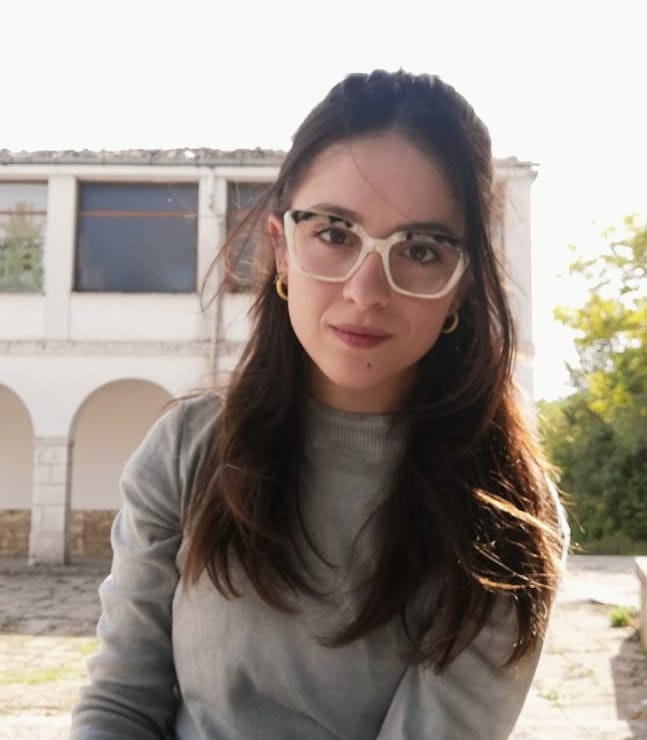Flavia Palazzini is a PhD student in the National Doctoral Program in Heritage Science at Sapienza University of Rome, and associated researcher at Royal Netherlands Institute in Rome (KNIR). Her research focuses primarily on the recovery of archaeological legacy datasets, mainly from Bronze Age contexts in southern Italy, and the definition of protocols or guidelines for the analysis of past excavations (from archival research to dissemination).
As an associated researcher in the KNIR research programme on Mountain Archaeology, her aim is to provide fresh insight into the pre- and protohistoric occupation in the Tappino Valley in Molise (central-southern Italy). By reviewing the results of past field research and analysing pottery production from sites that were recently discovered during pedestrian field survey activities, she hopes to contribute to shedding new light on typo-chronological aspects, settlements’ characteristics, and interactions between Bronze Age communities in the area.
Curriculum
Flavia obtained a Bachelor degree cum laude (2019) and a Master degree cum laude (2022) in Archaeology from the Sapienza University of Rome. Her theses were centred on the recovery of the multi-layered protohistoric settlement of Torre Castelluccia, in the Gulf of Taranto (southern Italy). In June-July 2020 and February-April 2022, she participated in the KNIR international internship program Digital Field Suvey Archaeology with FASTI Online Survey (FOS) platform; she collaborated in collecting, digitising, and uploading legacy data from surveys conducted in Italy and Portugal and in promoting FOS in order to incentivise data crowdsourcing. Since 2020, she has been taking part in the KNIR field survey and remote sensing campaigns in Molise. At the same time, she has been and is currently involved in several fieldwork projects in Italy and is also part of the Organising Committee of the XXX Annual Meeting of the European Association of Archaeologists (EAA) in Rome.
